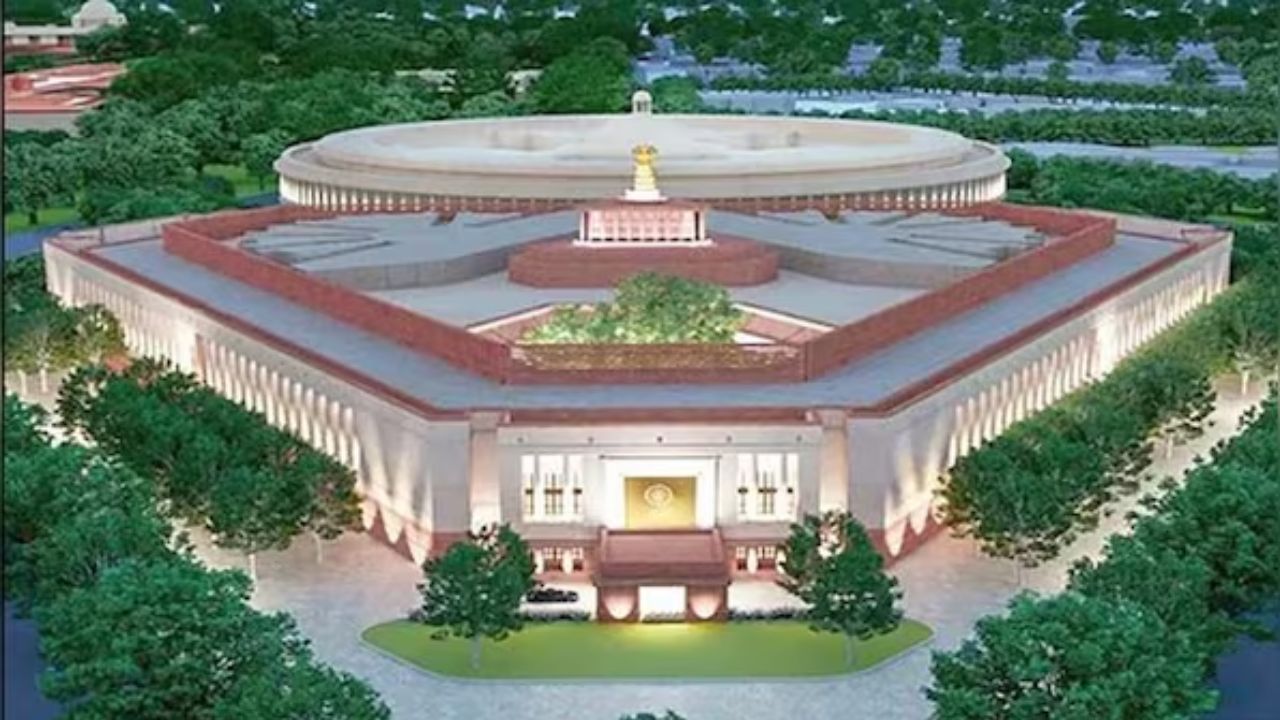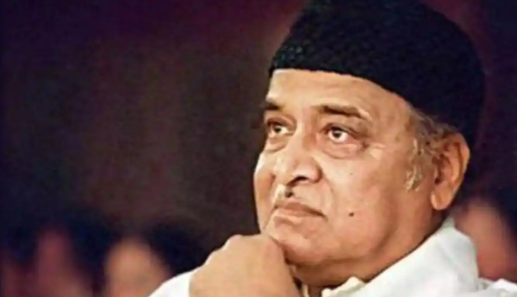The Indian Parliament meets three times a year, once every summer, monsoon, and winter session, to conduct legislative discussions, during the Lok Sabha and Rajya Sabha sessions.
What are Parliamentary Sessions?
Parliamentary sessions, in India, are intervals when both houses sit to talk about issues, which includes discussion and passing of legislation, treatment of national matters, and budget approval. These sessions are:
1. The Budget Session (winter/spring – generally February – March/April) – focuses on the Union Budget, financial bills, and economic policies.
2. The Monsoon Session (summer – generally July – August) – deals with some legislative, social and economic issues, including major reform bills.
3. The Winter Session (November – December) – relates to pending bills, social issues and the following year in preparation.
Parliamentary sessions are required by Article 85 of the constitution. It requires Parliament to meet a minimum of two times a year with maximum allowable time between sessions is six months.
When Do They Hold These Sessions?
Summer/Budget Session: February to March / April , often split into 2 segments, with a recess for committee reviews.
Monsoon Session: July to August, lasting typically 3–4 weeks.
Winter Session: November to December , typically lasting around 3–4 weeks.
For 2025, Monsoon Session dates are set for July 21 to August 21, 2025, hence it will have 21 sittings in total with a recess period from August 13–15 for Independence Day. Winter Session 2025 dates are likely in November – December, again, this is not yet confirmed.
Topics/ Bills Discussed in Each Session
Each session has certain authorizations it discusses, however every session can discuss any bill or issue that arises at any time due to either urgent matters , or a government tactic.
Budget Session (February – March /April)
Focus: to present the Union Budget with information on how their fiscal year will look and how the Government would allocate its funding relative to economic policy.
Topics: Taxation, infrastructure, defense, education, healthcare, etc.
Bills to pass: finance bill, appropriation bill, and the sectors specific legislation ie – education , agriculture (to name a few).
Example: In 2025 the Finance Bill 2025 and Income Tax Bill 2023 were introduced in the Budget Session.
Monsoon Session (July – August)
Focus: Legislative reforms, social issues, and pending bills from the Budget Session.
Topics: Governance, economic reforms, education, environment and local issues (Manipur GST laws).
The Monsoon Session of Parliament in 2025 from July 21 to August 21 is an important time for the legislative agenda for India.
Important Bills for the 2025 Monsoon Session:
- Manipur Goods and Services Tax (Amendment) Bill, 2025: Allows the goods and services tax implemented at the state level to align with the laws of the central government.
- Jan Vishwas (Amendment of Provisions) Bill, 2025: Provides additional ease of doing business,
- Indian Institutes of Management (Amendment) Bill, 2025: Provides statutory status to the Indian Institute of Management Guwahati.
- Taxation Laws (Amendment) Bill, 2025: Amends tax structures.
- Geoheritage Sites and Georelics Bill, 2025: Provides special protection of geological heritage.
- National Sports Governance Bill, 2025: Reforms sports governance.
- National AntiDoping (Amendment) Bill, 2025: Aligns with WADA (World Anti-Doping Agency) conventions.
- Income Tax Bill, 2025: For modernizing of tax frameworks (temporary/suspended during Budget Session).
- Pending Bills: Indian Ports Bill, Merchant Shipping Bill, Coastal Shipping Bill, etc. etc.
- Other Issues: Approval for extending the President’s Rule at the level of Manipur; Unemployment; Inflation and farmers issue.
Winter Session (November-December)
Focus: Complete legislation, solutions to social and economic problems, and prepare for the following year.
Topics: Education, healthcare, rural development and law enforcement.
Bills: Mostly include bills that have not passed from earlier sessions, newly proposed social welfare laws, or amendments to existing laws.
Example: For past Winter Sessions issues included the Citizenship Amendment Act (2019), or farm laws.
Conclusion
Summarily, India’s three parliamentary sessions (Budget, Monsoon, and Winter) each have their own specific but interconnected purposes. The Budget Session is concerned with fiscal planning and distribution; the Monsoon Session addresses important legislative changes and social concerns; and the Winter Session focuses on finalizing unfinished legislation and establishing policy frameworks for the year ahead. Ultimately, these sessions work together to guarantee a continuous pattern of governance, economic oversight, and democratic accountability.
See More: Latest Schedule of Rates: Download PDF: CPWD Publications
See More: Kaladan Project: Strengthening India-Myanmar Strategic Connectivity
Also See: Assamese Language: Origin, Evolution, Legacy & Classical Status





